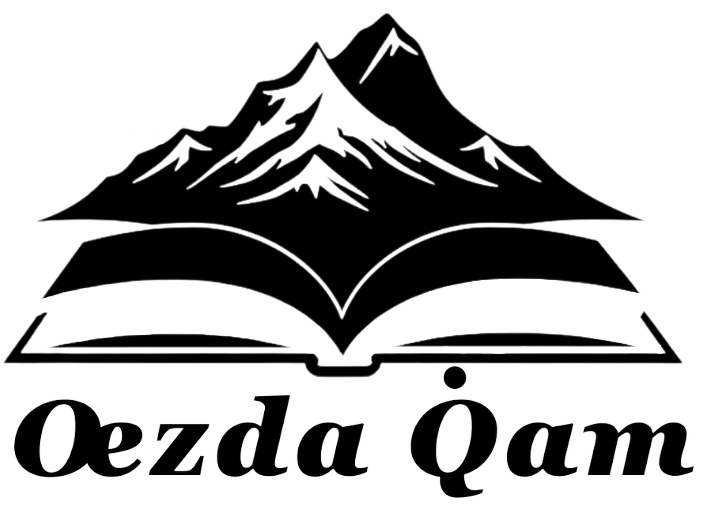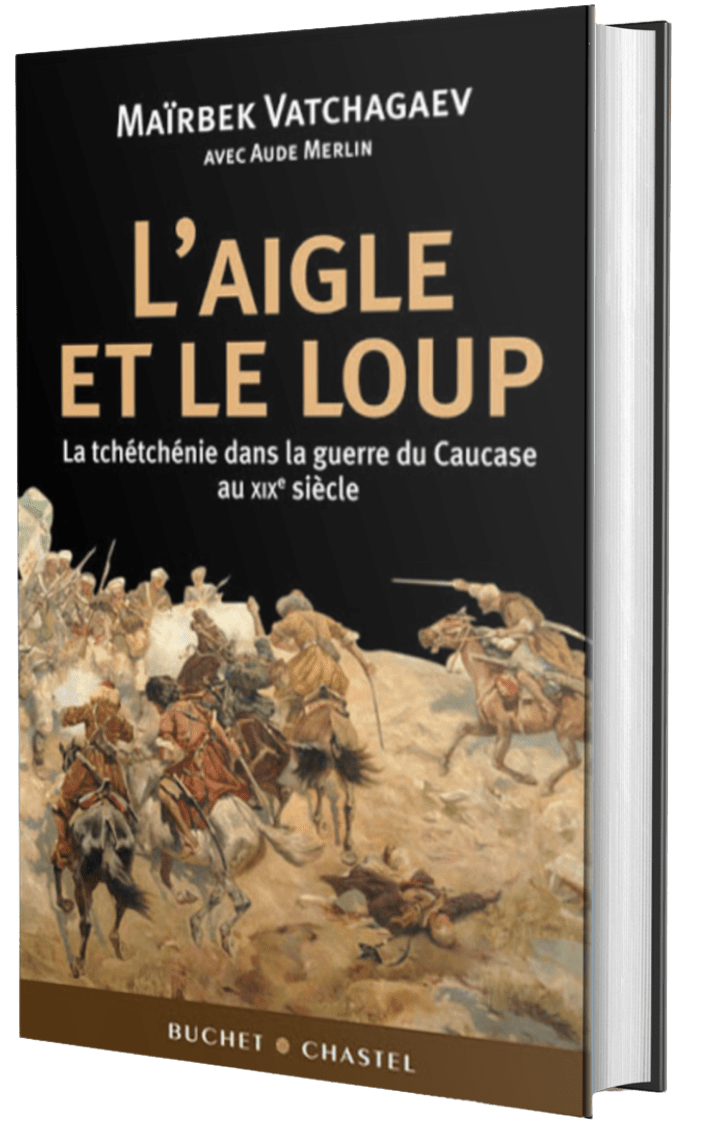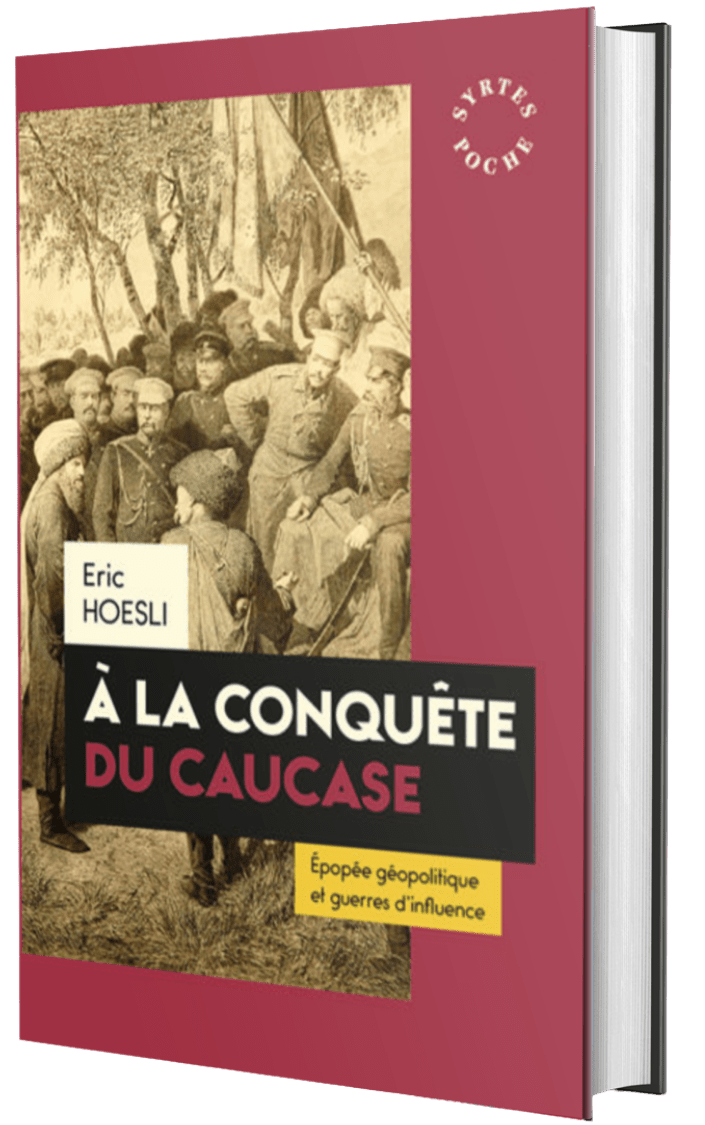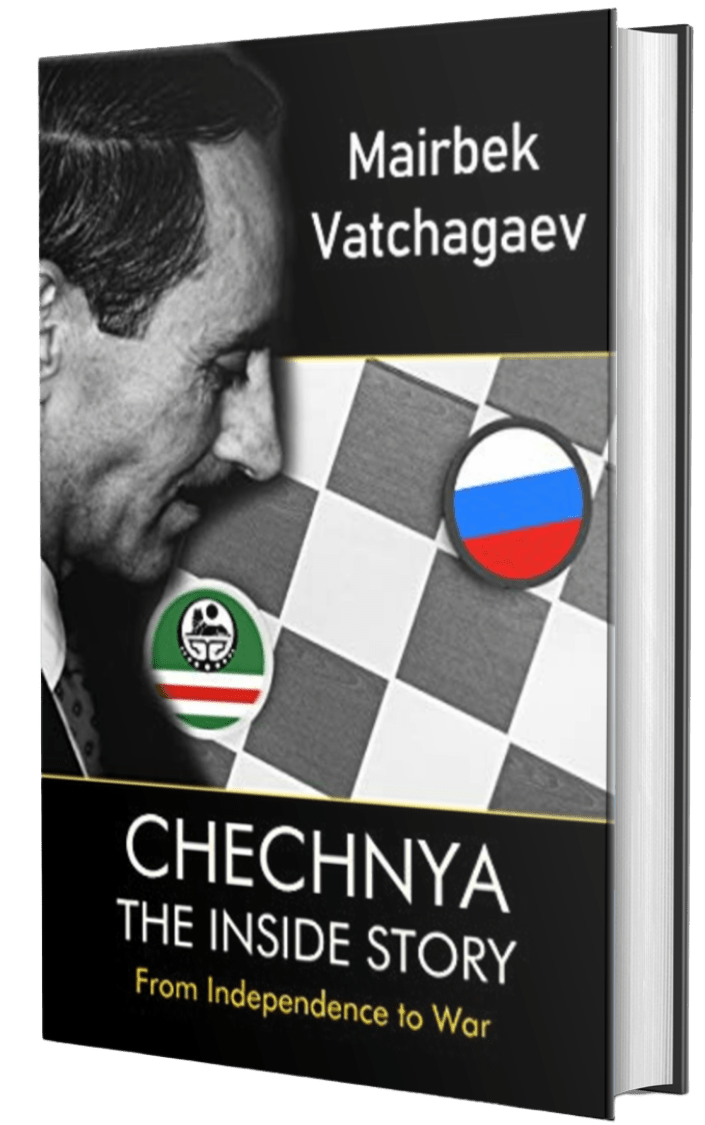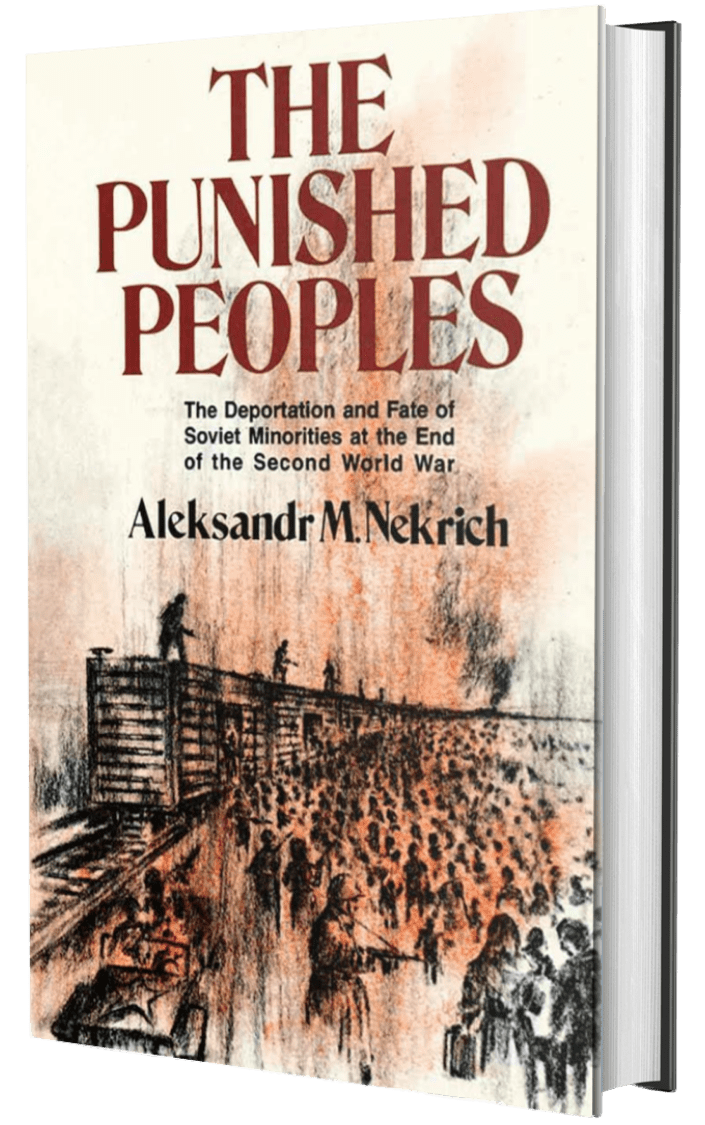HISTORY AND LITERATURE IN CONTEMPORARY RUSSIA
Par Rosalind Marsh
Nous ne sommes pas les vendeurs de ce produit, ce lien vous redirige vers
un des sites sur lesquels il vous est possible d’acquérir cet ouvrage.
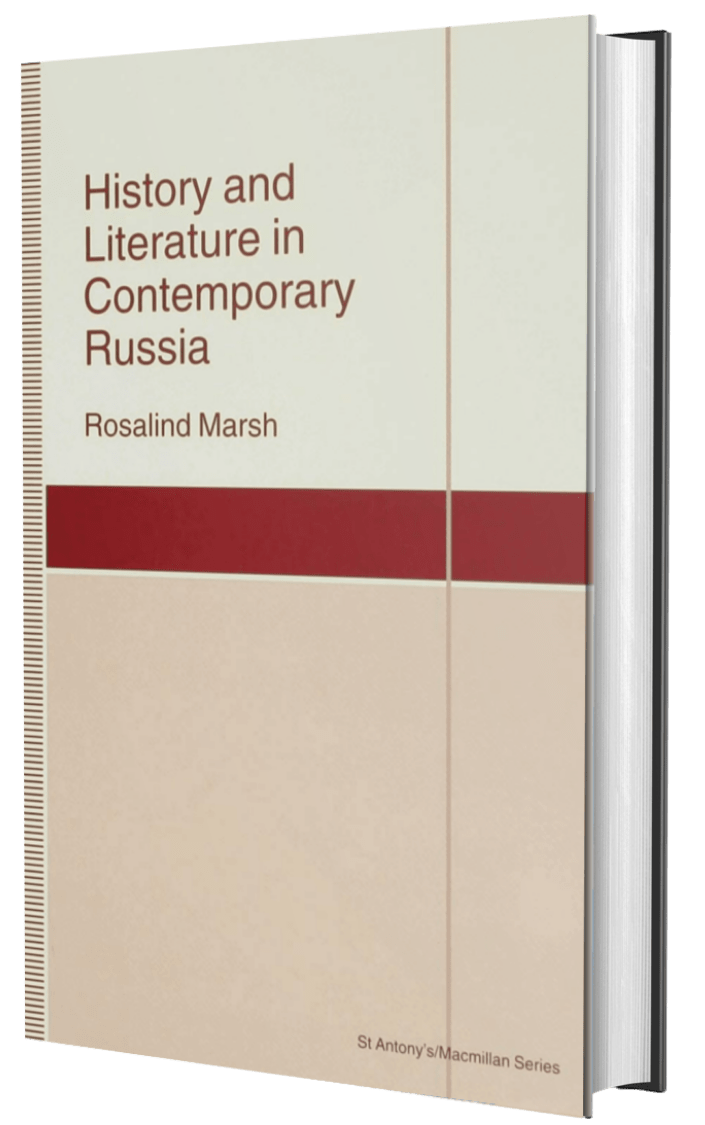
à propos du livre
Rosalind Marsh présente une étude clé sur le rôle majeur que la littérature a joué dans la réévaluation du passé, la transformation de l’opinion publique et donc la promotion du changement politique en Russie. Elle fournit une chronologie de la politique littéraire de cette période et analyse le contenu et l’influence de la littérature nouvellement publiée sur une variété de thèmes historiques, notamment Staline et le stalinisme, Lénine, la guerre civile, les révolutions de février et d’octobre et la chute du tsarisme. Elle explore les débats moraux et politiques inspirés entre différentes sections de la société russe par les œuvres de nombreux auteurs, dont Rybakov, Soljenitsyne, Grossman, Bunin et Gorki.
1 The Background: History and Literature in Contemporary Russia
Literature on historical themes and the debates it has engendered should be viewed against a background composed of the broad political issues, the changing approach to historical subjects and the condition of Russian literature. The political and historical aspects will be discussed later in connection with specific themes. In this chapter, however, it will be useful to give a brief survey of the condition of Soviet history before Gorbachev’ s accession, and of literary politics and the cultural scene in Russia since 1985, in order to understand the wider context in which historical fiction should be set.
THE CONDITION OF SOVIET HISTORY
The radical historian Yurii Afanas’ev, appointed director of the State Historical Archival Institute at the end of 1986, declared in 1987: ‘There is no country in the world with a more falsified history than ours.’ 1 At Gorbachev’ s accession, party history was still being taught as a quasireligious dogma, and was perceived by many Soviet people as a tedious formality to which they were expected to conform. In the ‘era of stagnation’ a series of purges, campaigns of vilification and ostracism had been conducted against the historical profession, particularly during the period 1965-80 when Brezhnev’s associate S.P. Trapeznikov, a conservative historian and ruthless opponent of unorthodox ideas, had been head of the Department of Science and Educational Establishments of the Party Central Committee.
